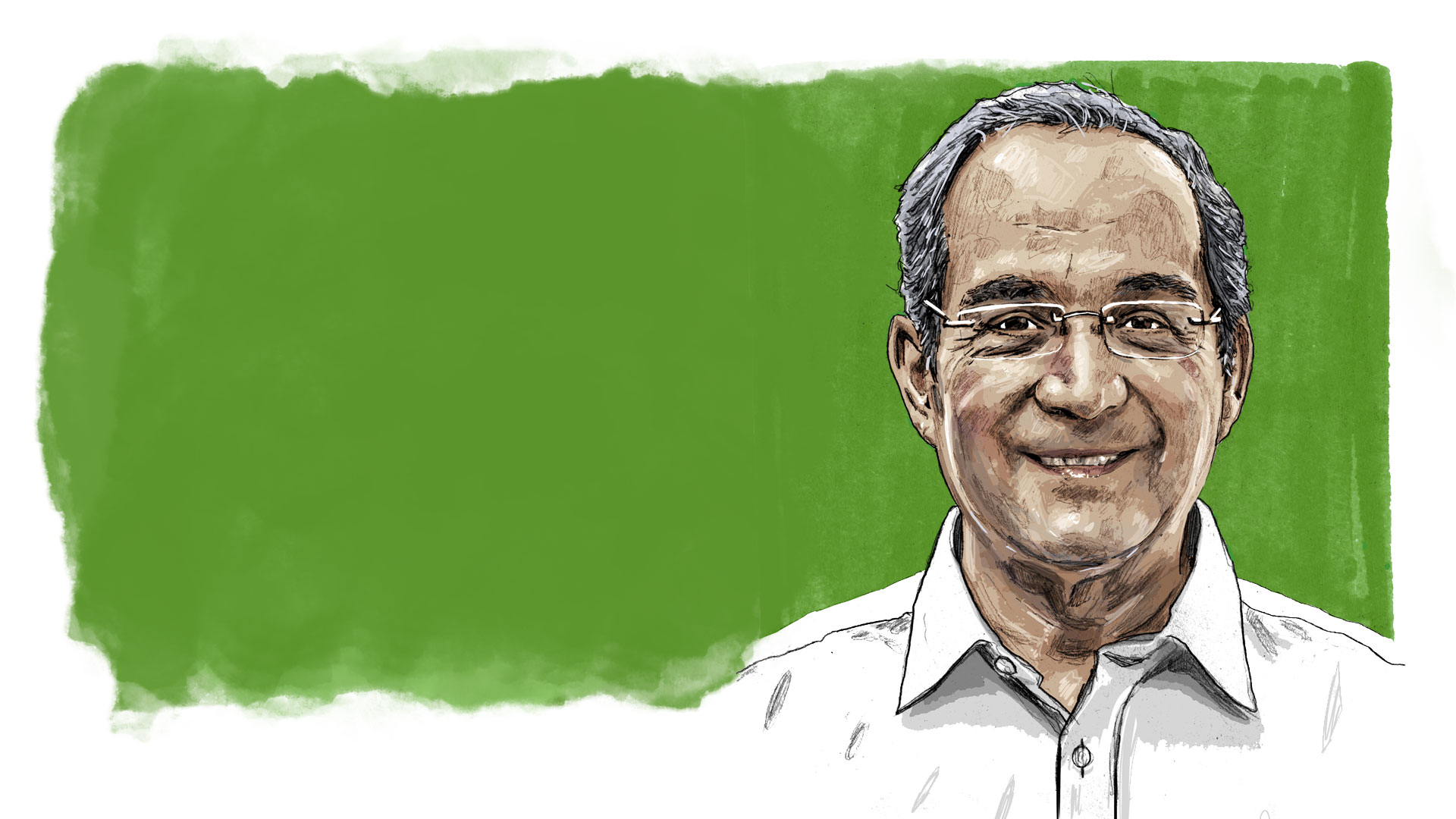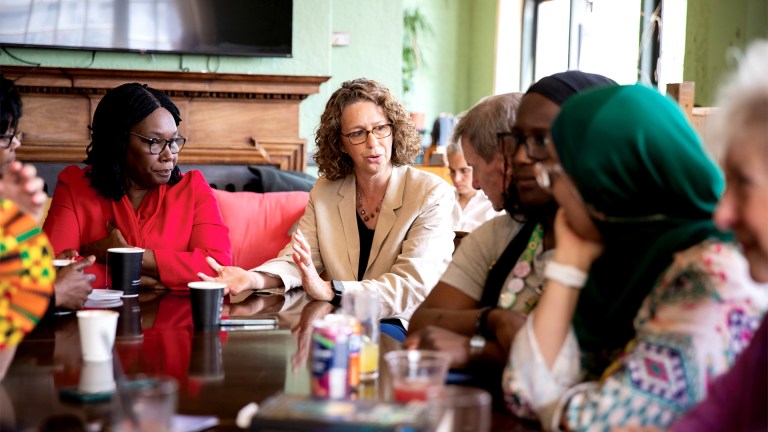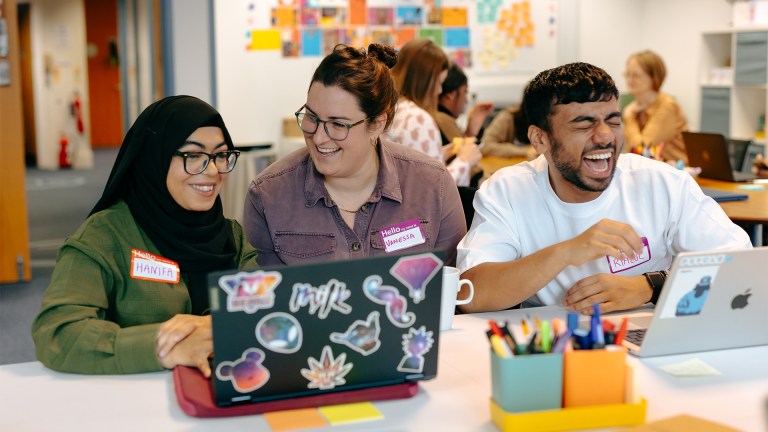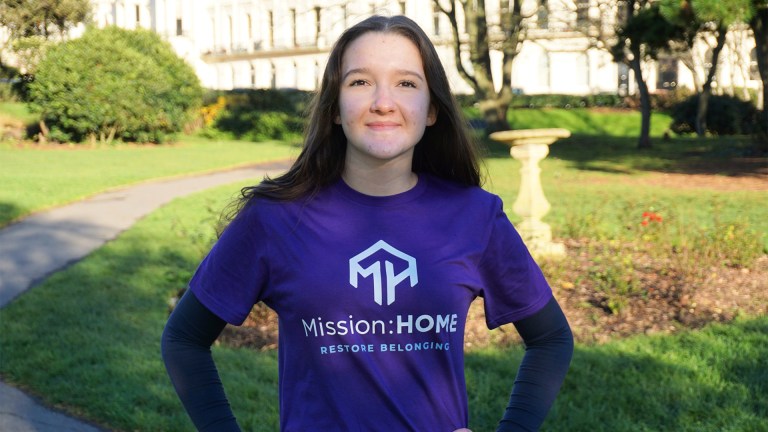How do you measure poverty? Ask Martín Burt, founder of deprivation-busting programme Poverty Stoplight. The model is now used in 27 countries around the world, using in-depth questionnaires and a traffic light system to help families pull themselves out of poverty. The Stoplight has been used by 120,000 households across the globe, and Burt is keen to note that it’s not about removing responsibility from governments or sidestepping structural issues – but giving those in poverty the agency they are so often stripped of.
Burt has been busy. The 62-year-old father of three founded the Paraguay Foundation in 1985, a social enterprise dedicated to the economic empowerment of disadvantaged people. He was mayor of Paraguayan capital Asunción from 1996 until 2001 and served as chief of staff to the president of Paraguay between 2012 and 2013. Burt also helped found Teach a Man to Fish, a global network that helps establish self-sufficient schools in rural areas. In between projects he has published books on economics, government, and poetry.
Stoplight Manager @egustale is on the ground in India visiting women's groups and exploring opportunities to collaborate with SEWA. �Ǯ�dz https://t.co/x2Oyxljrzh
— Poverty Stoplight (@PStoplight) July 24, 2019
But it was in 2009 that he was inspired to launch what proved to be his most successful venture yet. While working on a financial inclusion project with the Paraguay Foundation, he heard from the disadvantaged people involved that their own struggles manifested as much more than low income. “We needed to ask poor people what it meant to be poor,” he explains. “So much of the world is based on the premise that poor people are helpless and lazy, which is ridiculous. So it was clear that the best people to ‘diagnose’ their poverty was them.”
He created the Poverty Stoplight, a comprehensive programme that uses around 50 indicators to help families make improvements in their lives. It’s designed with a belief that poverty is more than a lack of money; it’s a lack of education, security, health, sanitation and political voice. A decade on, the team’s studies show that families who use the Stoplight are three times more likely to escape poverty than those who don’t.
“We discovered that the best unit of analysis was not the person but the family household,” Burt explains. “You can’t get a 10-year-old out of poverty if the mother is chronically unemployed.” People can do the questionnaire online or go to their regional hub (the UK’s is in Gateshead, with plans to expand) to have a social worker guide them through the process.









